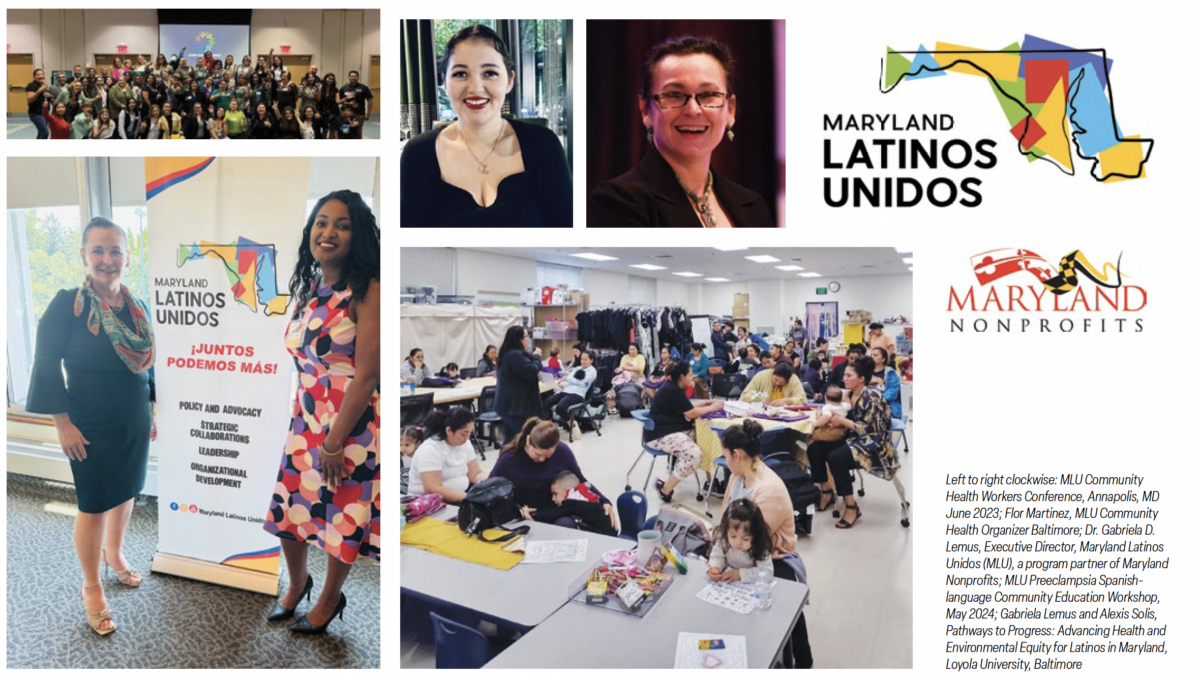
Maryland Nonprofits
At Baltimore’s Patterson High School, Flor Martinez, a Baltimore-based Community Health Organizer for Maryland Latinos Unidos (MLU), leads the Hermanos Mios Mental Health Mentorship Project for unaccompanied minors. Funded by the Baltimore Community Foundation, the project is a beacon of support for students grappling with academic stress, personal difficulties, and cultural identity issues.
This initiative not only creates a safe space for students but also equips school staff and volunteer mentors with insights into better supporting the Latino youth facing challenges at home and school.
“We actively listen to their experiences, provide a compassionate ear, and offer guidance to navigate challenges such as academic stress, personal difficulties, and cultural identity issues,” said Martinez. “Throughout this past school year, the students were slowly able to participate and be open about the problems they were facing at home and school.” Founded in 2020, MLU exists to spotlight and tackle the disparities and inequities faced by Latino and immigrant communities in Baltimore.
Centered around five critical areas—education, economic empowerment, health equity, environmental justice, and representation—MLU employs strategies such as policy advocacy, survey research, strategic collaborations, and leadership development to address these community needs effectively. MLU is an integrated program partner of Maryland Nonprofits, a statewide voice for the nonprofit sector working to advance quality of life and equity. Maryland Nonprofits provides a wide range of training, resources, and consulting designed for nonprofit organizations and government agencies. Maryland Nonprofits is also the home of MARFY, the Maryland Association of Resources for Families and Youth, which addresses the needs of Maryland’s most vulnerable children in foster care.
Nonprofits in Baltimore have long been pivotal in supporting the city’s vibrant Latino community, which significantly contributes to the cultural and economic fabric of the area. Local organizations like the Esperanza Center and CASA de Maryland have markedly improved healthcare access for Latinos, offering bilingual health services, preventative care, and mental health support to ensure families thrive.
Education is a crucial area where nonprofits make significant impact. Initiatives providing tutoring, college readiness workshops, and English language classes have empowered Latino students and their families, bridging educational gaps and opening doors to better job opportunities and higher education. The success of nonprofits like the Latino Education Advancement Fund is a testament to the community’s resilience and commitment to academic excellence.
Comprehensive efforts by these nonprofits not only uplift the Latino community but also enrich Baltimore as a whole, fostering a more inclusive and prosperous city for everyone.